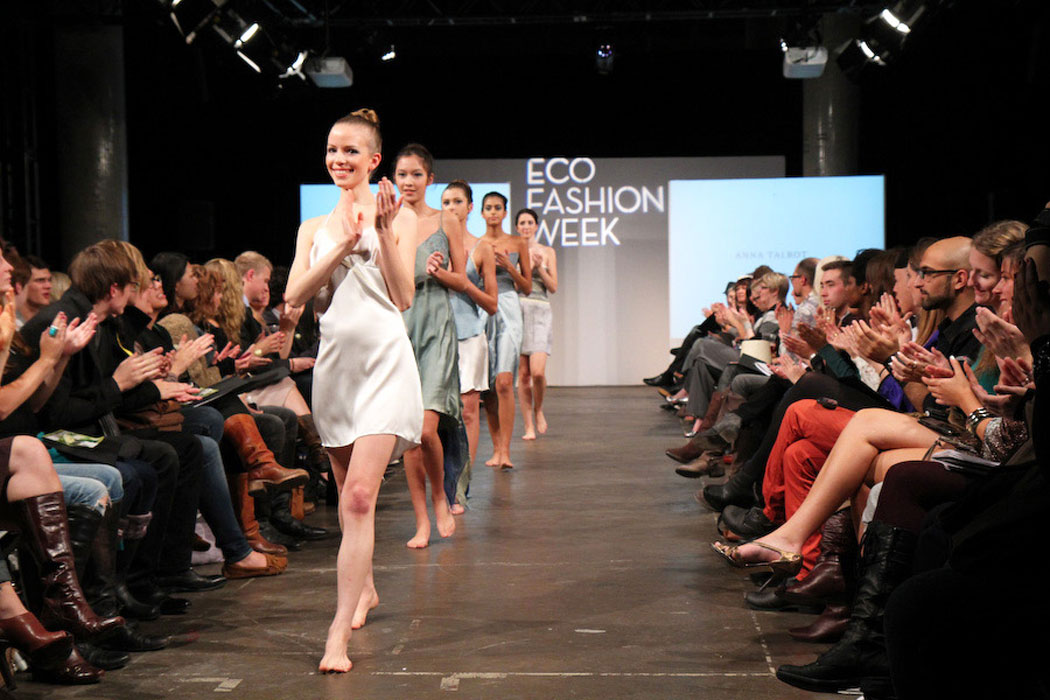The rise of eco fashion is everywhere, from designer vegan leather products to a range of high-end sustainable clothing lines that are ethically sourced and produced. As public interest regarding where clothing comes from and how it’s manufactured rises, consumers are aimed to hold fashion companies accountable for all aspects of clothing manufacturing, from how the fibres are grown to the labour practices in the warehouses where garments are produced.
Some fashion industry pros predict that this year will be the year that consumers exert pressure on global clothing brands to enforce building and fire safety regulations in factories in Bangladesh. The Accord has been signed by a plethora of multinational clothing companies and those that haven’t signed are under increasing pressure from the public to do so. People are now more than ever interested in transparency, fair labour practices and safe workplace conditions.
A big component of eco fashion is renewable fabrics and repurposing old garments into new, trendy items of clothing. In an effort to reduce the massive textile waste the fashion industry creates, both professional and budding designers are upping their creativity and finding innovative ways to recycle old pieces of clothing. Companies like Redress are leading the way in promoting sustainability and reducing textile waste.
Another eco fashion trend growing in popularity is the idea of wearing locally sourced clothing. You’ve undoubtedly heard of locally sourced food and have probably frequented your local farmer’s market, but now organisations like fibershed are popping up and encouraging consumers to be connected to their clothing and where it comes from. For conscious shoppers who want the peace of mind that comes with knowing that their garments were ethically sourced and produced, locally sourced clothing is an eco-friendly option.
For young designers wanting to make their mark on the eco fashion industry, check out Live Eco’s sustainable design competition – Remake Design Challenge – which is an official World Design Capital Cape Town 2014 project {#WDC547}. Registration opens 08 April.











